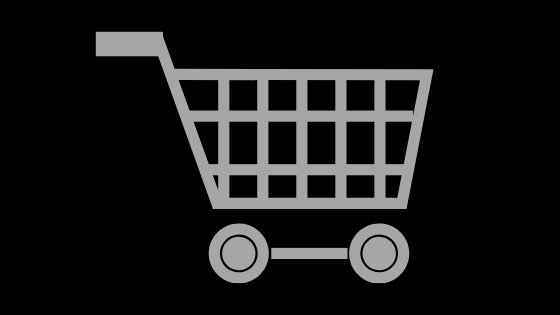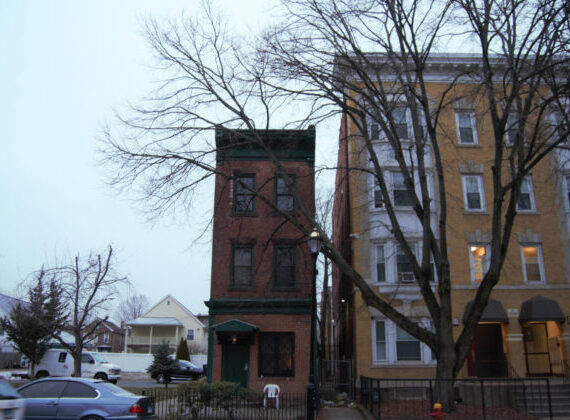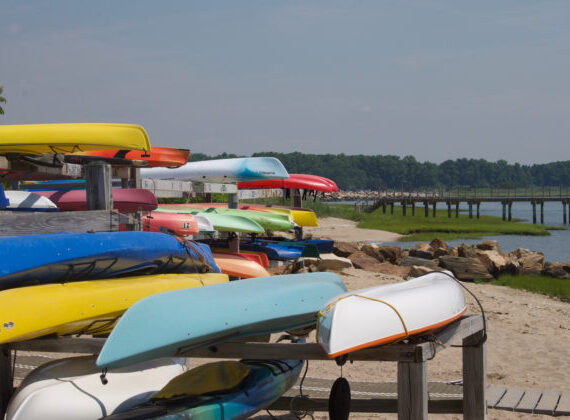In the lead up to the Plastic Bag Ban in Connecticut, I sure heard some nonsense. Every last excuse people could think of to avoid feeling the discomfort of change, they offered up.
First, there was a news item that popped up every couple of years. You’ve probably seen it on whatever dubious local television channel you are exposed to while visiting relatives. With anxiety-inducing music and headlines, the claim was made again and again that reusable shopping bags contain bacteria — germs! — that could make you sick. Where does one even begin? Do we have to remind people about this amazing invention called the washing machine, to which almost everyone in the region has access? If it’s good enough for cleaning our sweaty t-shirts and underwear, surely it can handle debris from kale and apples. Or, do we want to get ickier and point out that whether we opt for a paper, plastic, or reusable tote, the fact is that other people handle our food before it gets to us? How many people wiped their nose before picking up the pear at the grocery store? Yet, we know logic flies over the heads of some people and they’ll continue double-bagging their goods in plastic until the fossil fuel-derived materials are pried out of their cold, dead hands.
Then, there were the detractors who like to talk about how paper bags are worse than plastic, as if paper bags are not biodegradable and plastic ones aren’t being mistaken as food by sea creatures. This whole paper versus plastic dispute is a distraction from the fact that disposable bags are wasteful. Like, are you never going to the store again? Okay, then a paper bag for that single trip you will make in your lifetime might make sense. But that’s not reality. Why would a brand new bag be needed each time? Even if you reuse paper or plastic, how many uses can you get before these rip wide open? Three? Compare that to how much use you can get out of a canvas tote bag. Years. The disposable culture is not frugal, but moreover, this argument contributes to stasis through obfuscation — that is, keeping people at a standstill by confusing them with information, usually because someone is trying to find a perfect solution and is passing up many less harmful steps in the meantime.
So, then I got to hear all about how plastic bag bans would hurt poor people. Something that’s grated my nerves over the last year or so has been how many individuals suddenly care about people without money or people with disabilities, only when it helps them make their case — whether it be to block tolls, keep parking costs artificially low, or maintain the status quo on environmental issues. Vomit. For starters, I have five canvas bags, none of which I purchased. How the hell they came into my possession, I can’t be sure. Well, one was a freebie at a farmers’ market thanks to the Revitalize program. A few might have been handed out by local businesses. I scored a nice insulated bag from simply being in the right place at the right time when a stranger was feeling generous. Those thin, plastic-based bags have come and gone, also free — but those don’t last very long. My point is that you can acquire what you need without much effort. And moreover, if you are poor and schlepping your groceries by bus, bike, or on foot, it is even more important for you to have bags that will not rip open en route. Having a loose jar or spaghetti sauce rolling around on the floor of the 60 bus ain’t nearly the same as having one fall out in the trunk of someone’s private car.
Thankfully, legislators decided to take a step in the right direction, even if they did not have all the answers yet, even if plastic bags are only one of the billion human-created problems that we have to address so that sixteen year-old girls don’t have to be the voices of reason telling us to pay attention and panic because our house is on fire.
Connecticut, of course, is not a leader in this area. Plastic bag laws have been enacted in other states and countries. We have models to follow. Additionally, Hartford recently passed its own ordinance which skips over the tax phase entirely, but provides smaller retail establishments about a year to get their bag situation sorted out. The City of Hartford also provides a definition for what is considered a reusable bag: one that has a minimum lifetime of 125 uses.
What does the plastic bag ban mean? It means we need to get our shit together and plan ahead, or pay.
That seems fair.
I know the thing to tell people is to leave bags in the trunk of your car so you always have them. But then, you always have them, and that enables impulse purchases and mindless consumerism (though in a tote instead of plastic demon bag). I prefer the approach of planning ahead, but sure, if you’re trying to adopt a new habit, then do what you’ve got to do.
Since I’m not moving about with my own storage facility on wheels, I’ve learned to place the bags in a more visible spot in my house — not crammed in a closet. But, being car-free means learning to be more aware of what my day involves anyhow, so I know if I am taking a bus somewhere after work, or what have you. I don’t think that we should be defining happiness by our ability to get whatever we want exactly when we want it. That’s a good formula for credit card debt and an apartment filled with junk, but that’s about it. So, there are no impulse purchases of boxes of soda, and that works out better for my wallet and health. For my planned shopping trips, I’ll usually end up with two canvas totes and either my backpack or messenger bag to help distribute the weight. Someday I’ll graduate to granny cart or red wagon status, but I’m not there yet.
If you can’t throw together a few bucks for bags, there are alternative ways of getting them. First, check to see if your grocery store has a free tote bag bin. If you can’t find what you need there, try posting on Freecycle or a group like Buy Nothing Downtown. Stop & Shop will, for the time being, provide each customer with one free reusable bag in exchange for a single-use plastic bag. One per visit. If go shopping once each week, then you can probably get what you need within August alone. Big Y will be offering discounts on reusable bags in August. Both stores are just going to stop providing plastic bags on August 1, 2019. It’s likely that other grocery stores in the area will do something similar or offer discounts, at least early on during this transition. ChicoBag’s Pay It Forward Program connects fixed and low-income folks with gently used reusable bags. You can always check thrift stores and flea markets for cheap bags.
FYI, the full ban does not actually go into effect until July 1, 2021. The transition to this ban begins on August 1, 2019 with a tax. Smart retailers are getting ahead of this by preemptively halting the nonsense practice of issuing single-use plastic bags. Whole Foods has not issued plastic bags since 2008 and they’ve survived.



Richard Nelson
Tim and I have been using heavy duty canvas bags and good insulated bags for years. We also have a granny cart and just bought a new one, a new super duper model for our new life further away from a grocery store. As you say just plan your day and your shopping. We never drove a car, never will and we have gotten by just fine. From Frog Hollow we walk to Stop and Shop on New Park with our cart. We can’t wait to test out our plans for the new area we are moving to. Yes folks, folks can change. We are over 70 and have adapted and are adapting just fine. As you say its all a matter of planning and being. I am for the all out ban of plastic bags. I am also for the all out ban of one to a car driving. Man if I were boss I would clean up this place in no time.
Kerri Provost
I’d vote for you